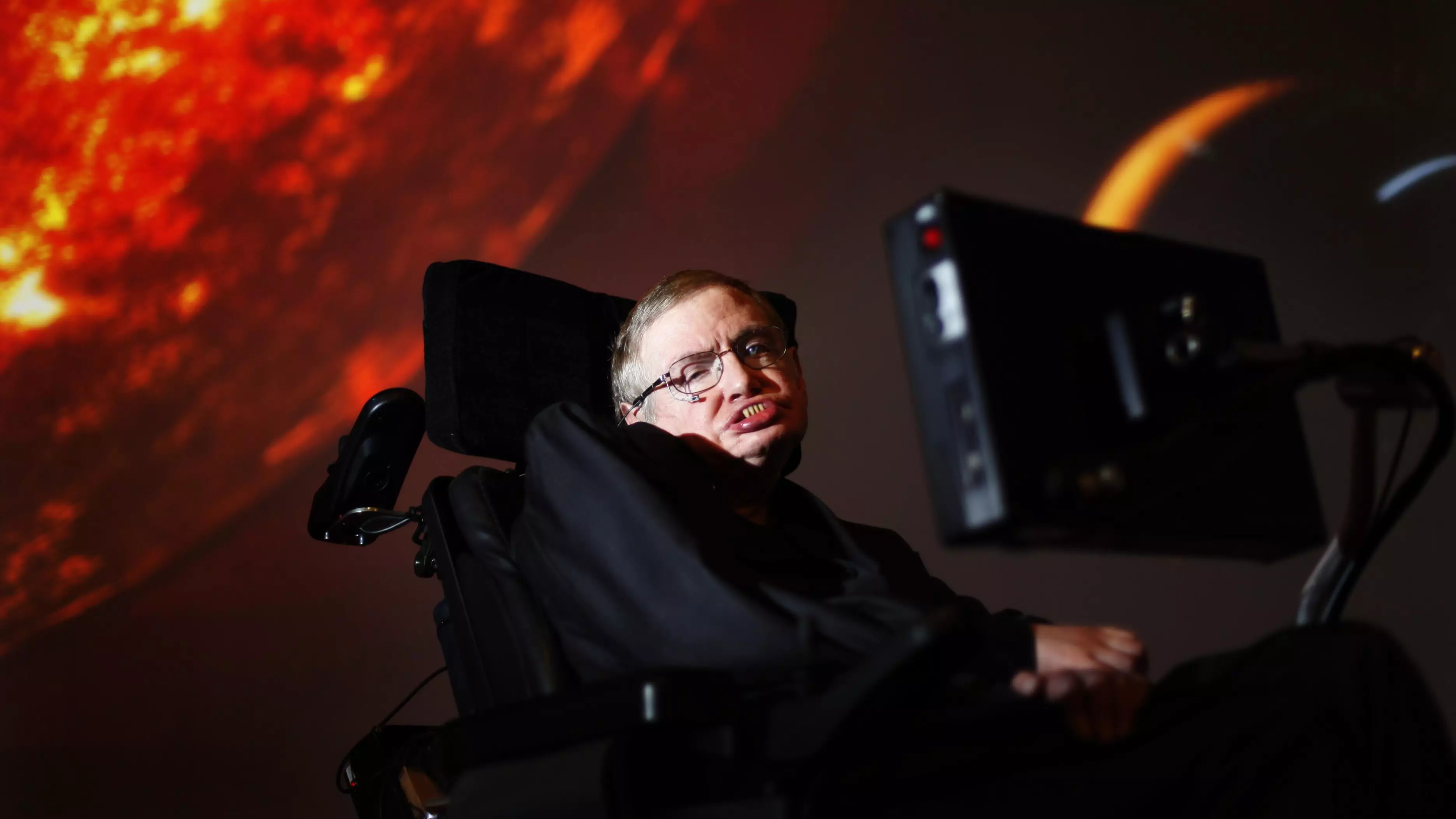
Stephen Hawking finished a research project just weeks before he died, which laid out plans for detecting evidence of a multiverse and also predicted how our universe might end.
The 76-year-old professor co-authored the paper, titled A Smooth Exit from Eternal Inflation, with Thomas Hertog, in which they discuss the theory of the multiverse, which says that our universe is just one of many created after the Big Bang.
The paper goes on to discuss the idea that scientists could potentially use a detector on a spaceship to measure other universes. If this plan had been put into action and evidence had been found, while he was still alive, there's a good chance it would have landed a coveted Nobel Prize.
Hertog told the Sunday Times: "He has often been nominated for the Nobel and should have won it. Now he never can."
In 1983, Hawking and James Hartle co-authored a paper in which they shared a theory about how the universe came to exist - but the theory went on to say that the Big Bang theory created an infinite number of others, which each went on to make their own universe. I'm not going to lie, this is a lot for me to wrap my head around; but if Professor Hawking believed it's probably spot on.
But until, now the theory of this universe inflation wasn't possible to test. However, Hertog says that he and Hawking had wanted to take the theory of the multiverse and make it into a 'testable scientific framework'.

Some researchers believe this recent paper could be a breakthrough, as it's the first theory that could be tested.
Carlos Frenk, professor of cosmology, told the Sunday Times: "The intriguing idea in Hawking's paper is that [the multiverse] left its imprint on the background radiation permeating our universe and we could measure it with a detector on a spaceship."
Alongside his multiverse theory, Hawking also predicted that the existence of Earth will fade to eternal darkness when the stars run out of energy, so that's a nice cheery thought for your Sunday.
Advert
This idea, that everything will fade into blackness, isn't agreed upon by other scientists; but the fact that Hawking has presented it as a testable theory could change that.
Frenk went on to say that if any evidence of other universes could be found, it would completely change how we see our universe.
Source: The Sunday Times
Topics: Interesting, Stephen Hawking